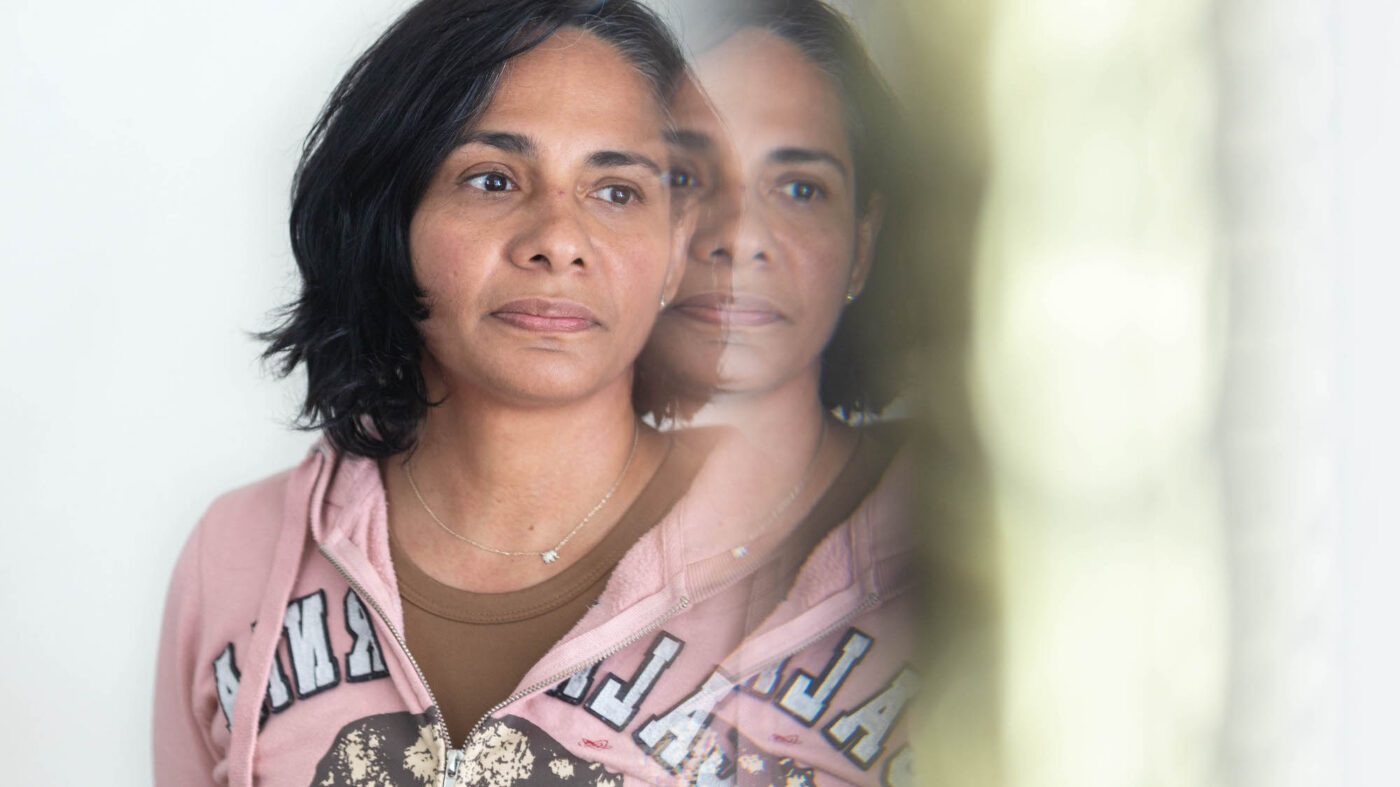The US Government Gave Them Protection. Now It May Take It Away.
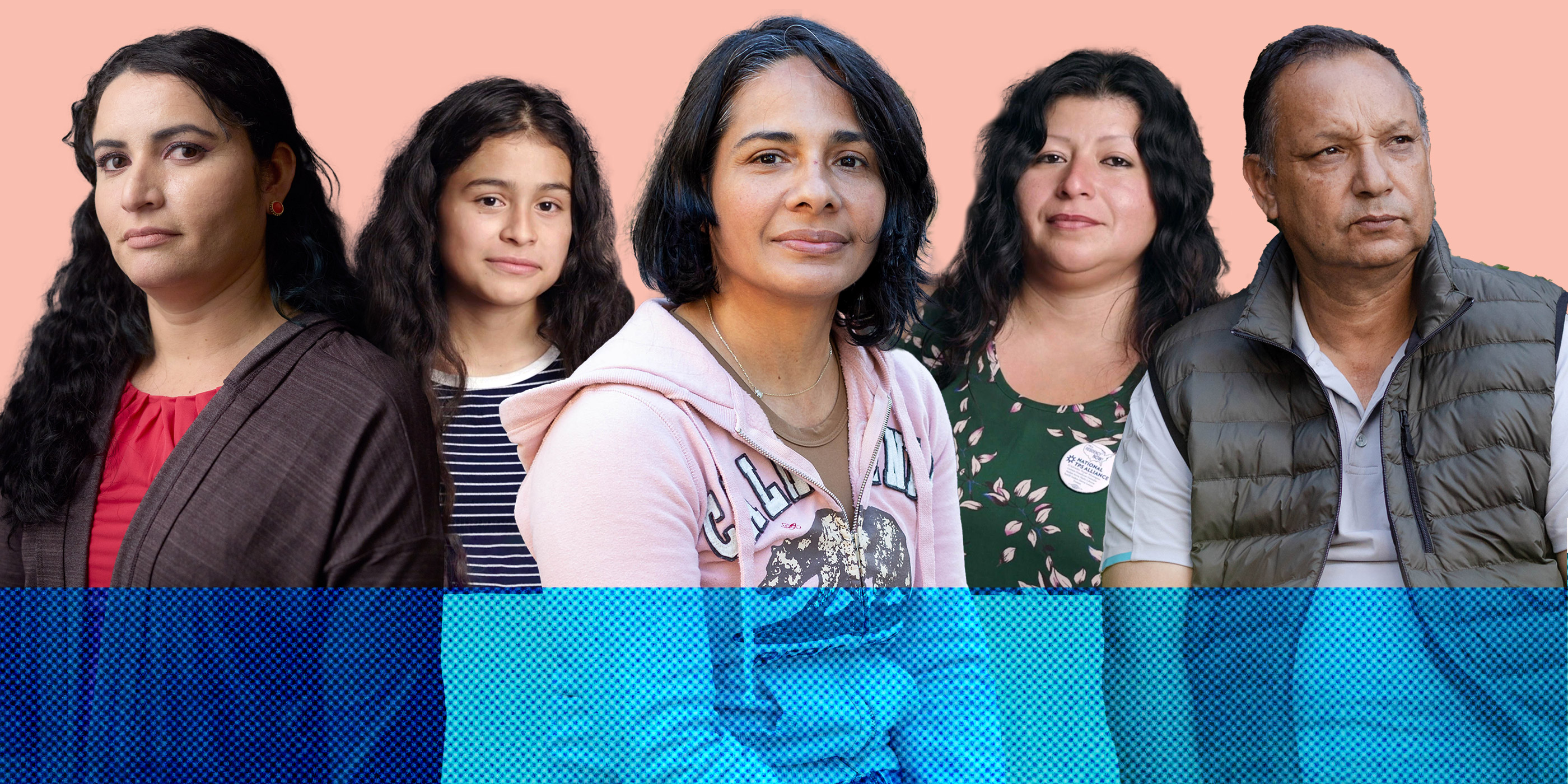

Since the early 1990s, our nation has welcomed and assisted people whose countries have been devastated by war and natural disaster through the Temporary Protected Status (TPS) program. Today, many TPS holders have established roots in the U.S., raising families and contributing to their communities.
In recent years, the Trump administration tried to terminate TPS for six countries and undermine the program altogether, fueling anti-immigrant sentiment and threatening hundreds of thousands of families. But TPS holders and won relief from the courts in 2018 in Ramos v. Nielsen. Unfortunately, that protection could soon expire.
Now, four years later, over 300,000 people are again at risk of deportation and family separation from the Trump terminations. Their fate now rests with the Biden administration. Unless the administration acts now to reach a just settlement in the pending Ramos litigation or to redesignate TPS for these countries, the Trump terminations could go into effect for El Salvador, Honduras, Nepal, and Nicaragua after December 31.
We spoke about the urgency of this moment with TPS holders and their children, who are leading the fight for a just settlement to their case as well as long-term relief.
Cristina Morales
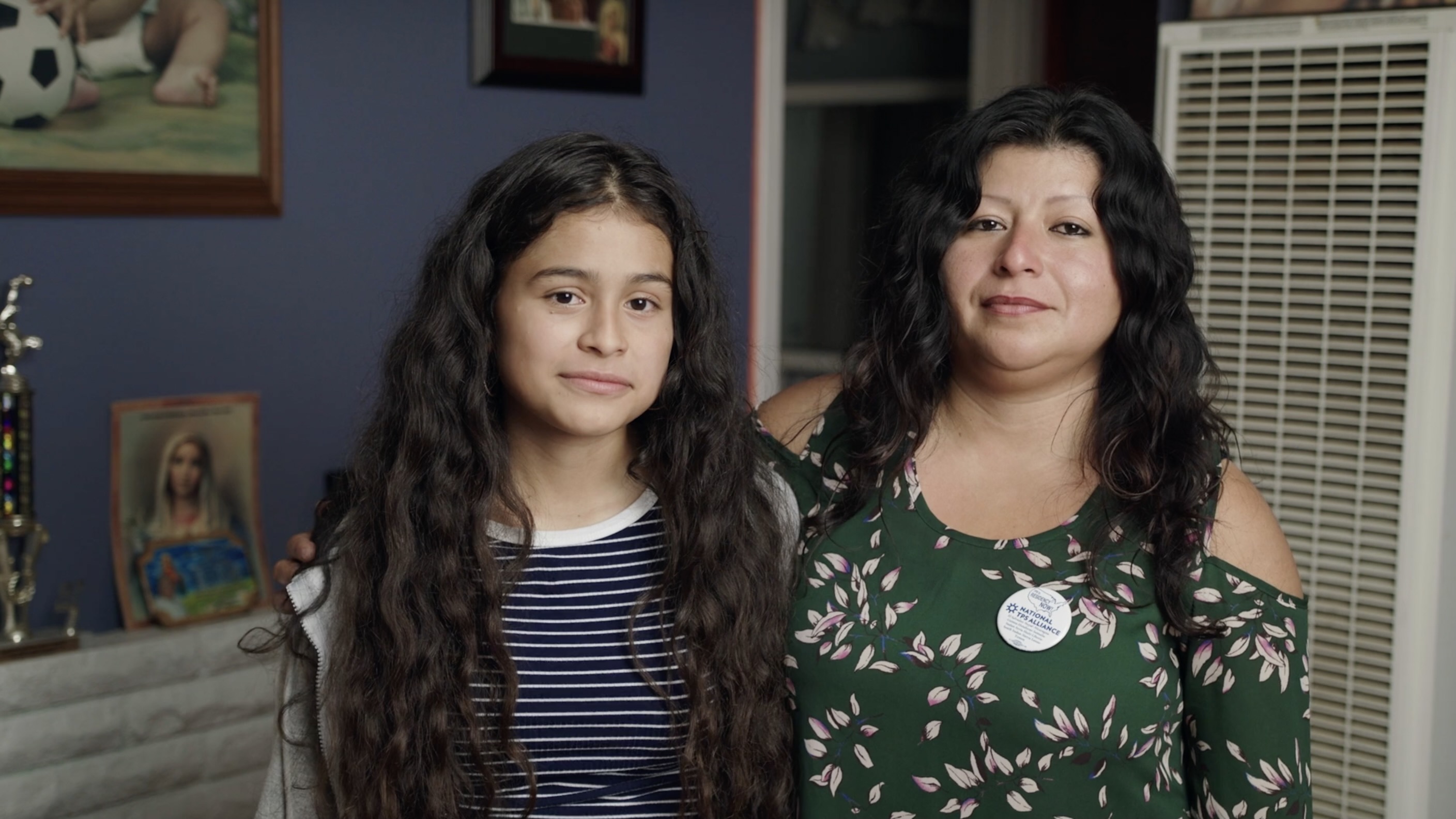
Crista Ramos and Cristina Morales
Credit: James Matthew Daniel
Cristina fled El Salvador in 1993 and traveled to the US when she was just 12 years old. Her mother had escaped domestic violence and fled before her. Cristina, who suffered the same abuse, followed ŌĆö alone. Cristina has had TPS since 2001, which has allowed her to work in a job she loves, in early childhood education, and to raise and support her family without fear.
ŌĆ£[TPS] gives me a chance to work. To walk on the street free with our family and not be in fear that weŌĆÖre going to get arrested by immigration.ŌĆØ
CristinaŌĆÖs younger child was recently diagnosed with cancer and CristinaŌĆÖs health insurance ensures her son and her family have the health care that they need. Cristina also is financially and emotionally supporting her older daughter as she embarks on her undergraduate education.
All that could change if Cristina loses TPS. Cristina, her two children, and her husband are haunted by the possibility that their family could be ripped apart if she loses her immigration status in the U.S.
ŌĆ£I have nothing [in El Salvador]. I donŌĆÖt own anything over there. My whole family is over here.ŌĆØ
Cristina and her family are committed to defending TPS for themselves and other families through their lawsuit, and maintain hope that they will be able to stay together in the country they all call home.
ŌĆ£You know, many times people ask me, ŌĆśwhat about if you lose?ŌĆÖ And I tell everybody ŌĆśI canŌĆÖt think like that because I believe in justice ŌĆö I believe in this country. I believe justice will be served to us.ŌĆÖŌĆØ
Crista Ramos

Crista Ramos
Credit: James Matthew Daniel
Crista, CristinaŌĆÖs eldest child, is 18 years old, a first-year college student, and a vocal immigrants rights activist. Crista joined the Ramos v. Mayorkas litigation as the lead plaintiff when she was 14, after learning her mother was at risk of losing her status and being deported to El Salvador.
ŌĆ£I got involved because I want to help maintain my family together. I donŌĆÖt want to just stand by. I want to be involved in the fight.ŌĆØ
If CristaŌĆÖs mom were deported, she and her brother would have to decide whether to stay in the U.S. without their mother, or move to El Salvador, far from the rest of their family and friends.
ŌĆ£Home for me is the United States ŌĆö here in my house, with my family. ItŌĆÖs a safe place where I can be myself and be with my family.ŌĆØ
Through litigation and advocacy, Crista fights not just for her own family, but for the hundreds of thousands of other families at risk of separation.
Keshav Bhattarai
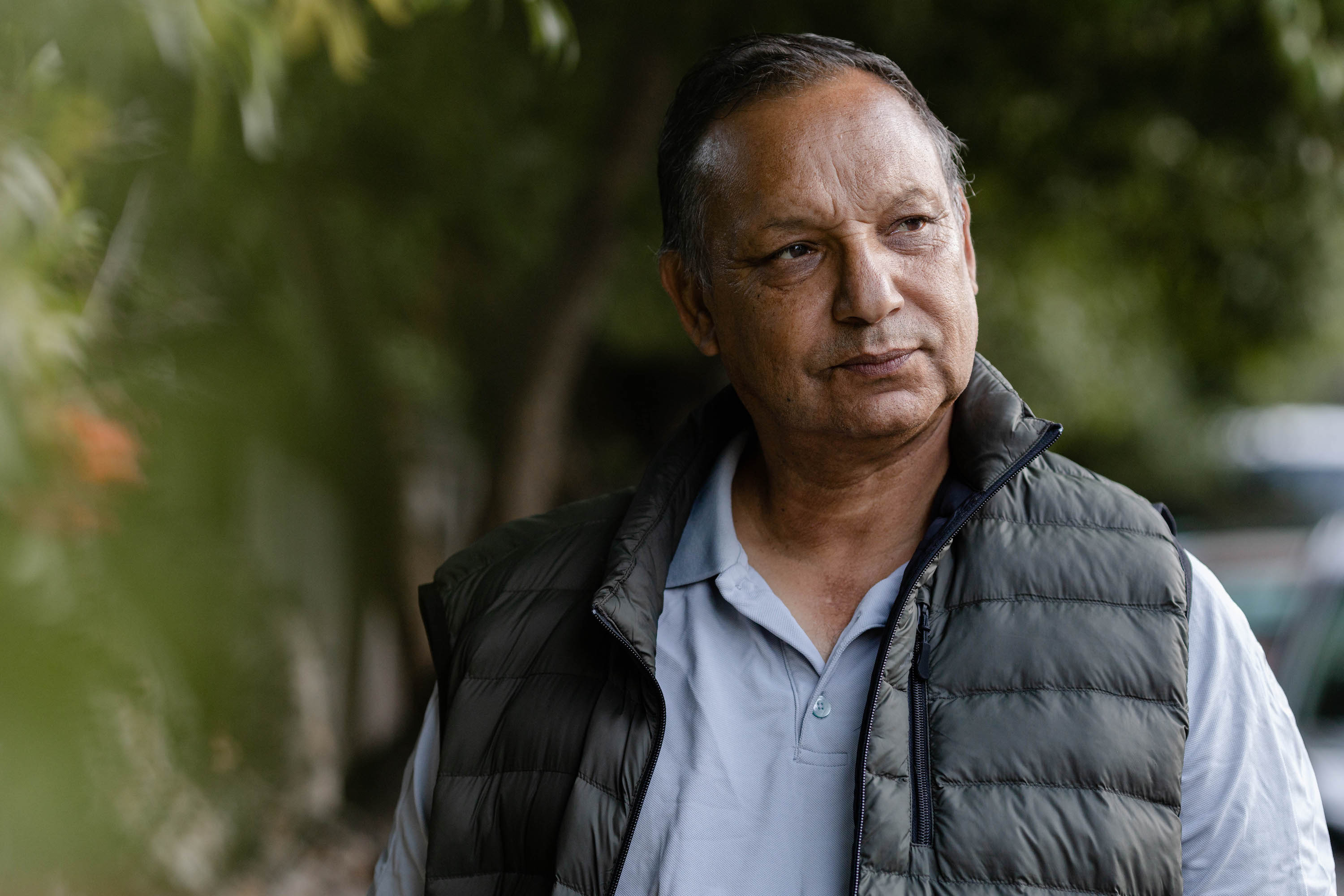
Keshav Bhattarai
Credit: Constanza Hevia
Keshav Raj Bhattarai and his wife came to the United States in May of 2015 around the time a 7.8-magnitude earthquake tore through Nepal, killing thousands and leaving much of their home city of Kathmandu in rubble.
They had not intended to stay in the U.S., and only came to celebrate their sonŌĆÖs graduation from a medical fellowship program in Pittsburgh. But in June of 2015, the Obama administration designated Nepal for Temporary Protected Status, based on the devastation from the earthquake. Keshav and his family were relieved to be able to apply for and receive TPS while their country was struggling to rebuild.
But in 2018, President Trump removed protections for Nepal while the country was still recovering from the massive damage caused by the earthquake, in addition to other problems.
ŌĆ£We were receiving TPS continuously and when we got the information that the Trump government had suddenly terminated TPS, we were very discouraged.ŌĆØ
Keshav is a lead plaintiff in a to the Ramos litigation ŌĆō Bhattarai v. Mayorkas ŌĆö which challenges the Trump administrationŌĆÖs terminations of TPS for Nepal and Honduras. While his immediate fight is to keep TPS, Keshav also hopes to win more permanent protections and stay in the U.S. long term with his wife and son.
ŌĆ£We are in a very critical situation, full of chaos, but we still are hopeful that the government, which works for people, will certainly make a decision in our favor. Though we are hopeful, we have fears of deportation; there is a constant fear that we might get deported.ŌĆØ
Learn more about Keshav's story below:
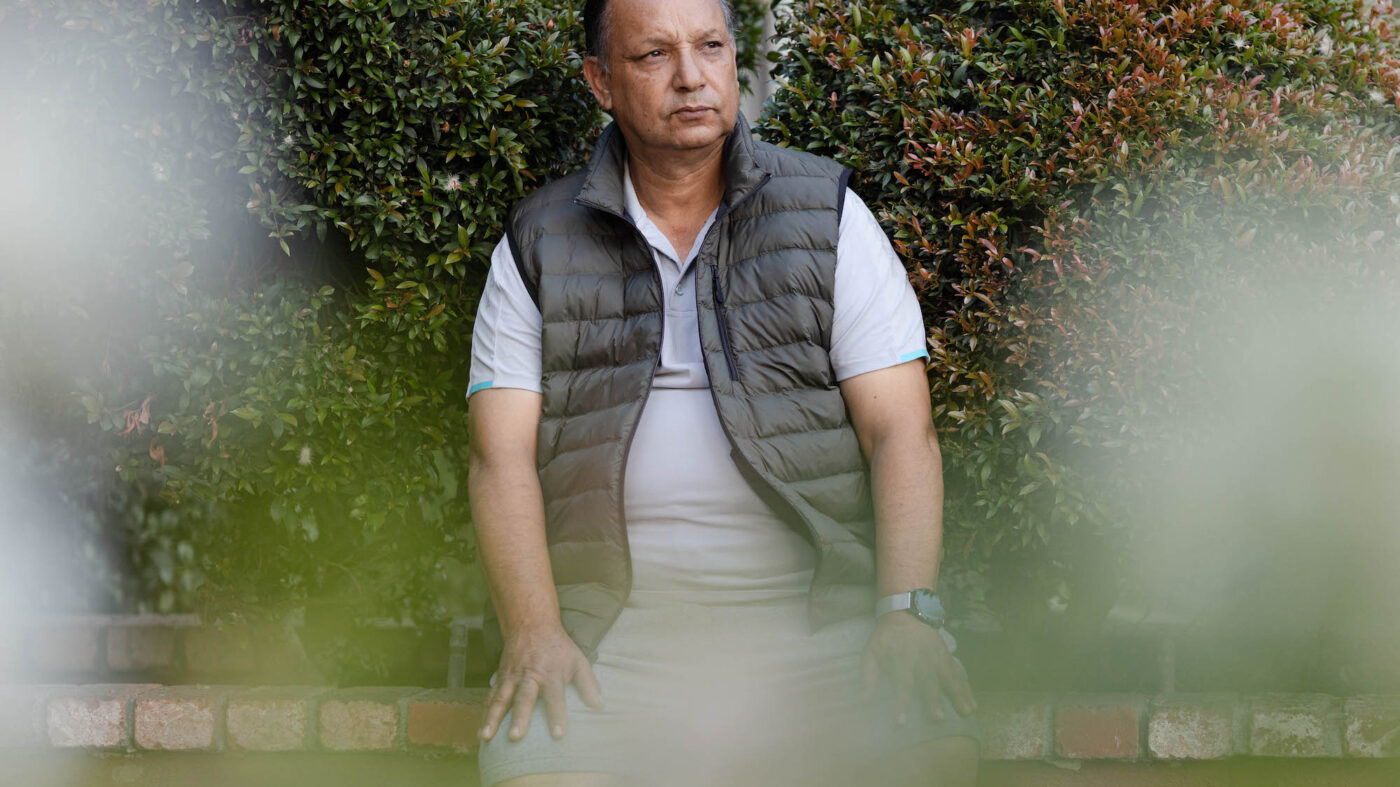
Sorayda Moti├▒o
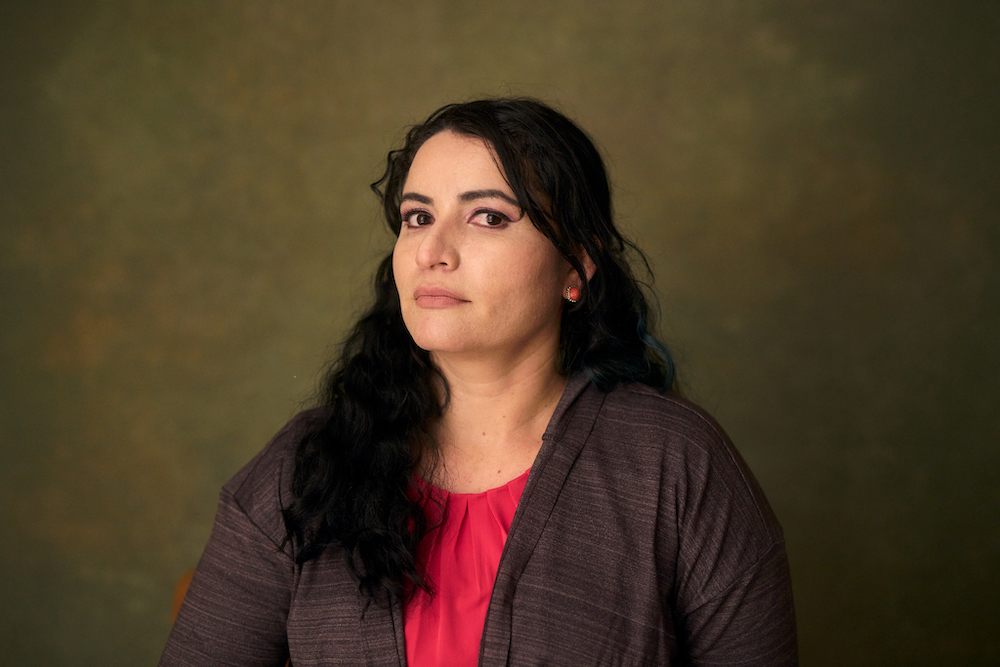
Sorayda Rodriguez
Credit: Will Martinez
Sorayda Rodriguez Moti├▒o grew up in rural Honduras, where she remembers being surrounded by violence from a young age. Some of her neighbors were massacred during a period of severe regional instability, and she recalls living in fear for her life.
ŌĆ£Those are events that you just canŌĆÖt forget,ŌĆØ she recounted, describing neighbors being killed and, as a child, having to hide under a table to avoid being shot. ŌĆ£When you wake up, and you hear bullets coming through the walls and youŌĆÖre so little, you donŌĆÖt know what to do. All you can do is hide under the table and hope for the best that one of those bullets is not going to hit you.ŌĆØ
Sorayda fled to the United States to escape the instability in Honduras when she was a child. Around the time of her arrival in the U.S., Hurricane Mitch devastated Honduras, killing thousands and displacing many more, and leading the U.S. government to designate the country for TPS.
Now, Sorayda has lived in the U.S. for 24 years ŌĆö more than half her life. She is married to another TPS holder and they live in Harrisonburg, Virginia with their two U.S.-citizen children, ages 12 and 19. She is grateful to have a stable job in hospitality and to be able to raise her children in a safe community.
But Soryada worries continually that she and her husband could lose their TPS, and either be separated from their children or be forced to take them to an unfamiliar place, far from their home. Her children have never been to Honduras.
ŌĆ£My kids, this is the only place that they know. This is where they were born. So for them ŌĆ” Honduras is a foreign country they're not going to know much about.ŌĆØ
Sorayda is a plaintiff in Bhattarai v. Mayorkas, where she is challenging TrumpŌĆÖs termination of TPS for Honduras. She and her family also continue to fight for more permanent protections.
ŌĆ£For my kids to know that a permanent residency or citizenship for their parents [is possible] means their future ŌĆö to live with their parents here ŌĆö is secure. It means they donŌĆÖt have to worry about losing their parents.ŌĆØ
Learn more about Sorayda's story below:
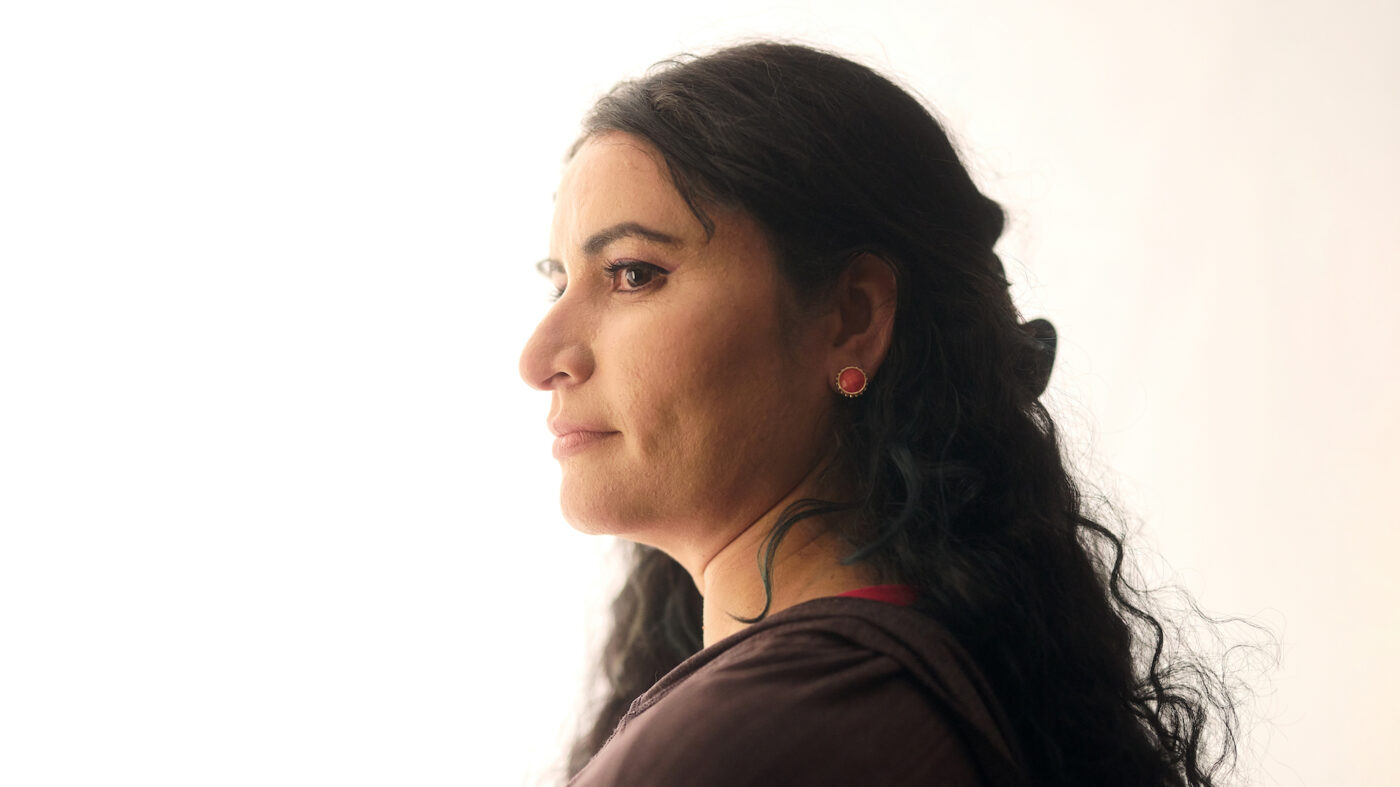
Imara Ampie
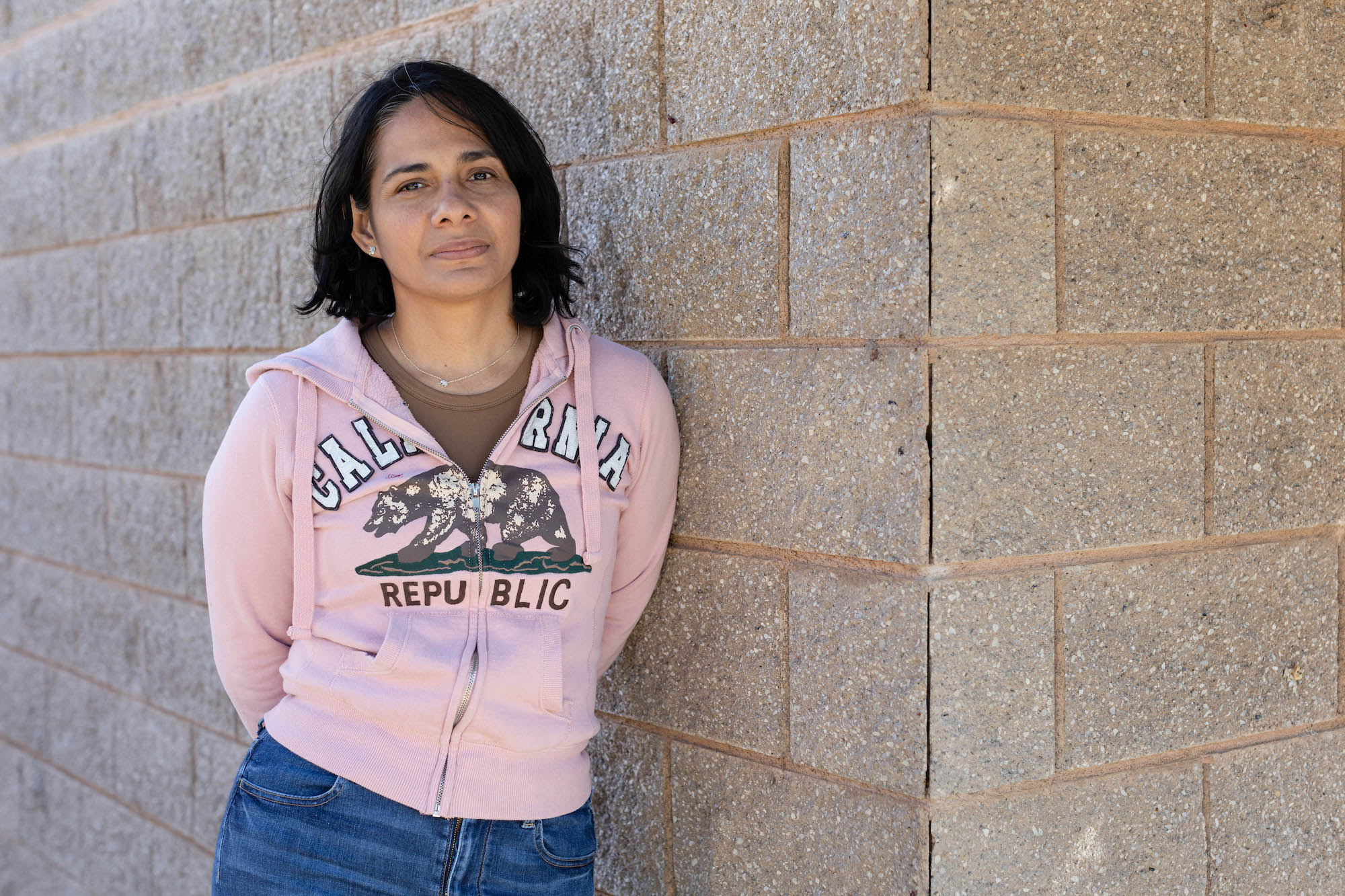
Imara Ampie
Credit: Constanza Hevia
Imara Ampie and her husband are TPS holders from Nicaragua. They own a home in Northern California and have lived in the United States for more than 20 years. Imara is a plaintiff in Ramos v. Mayorkas, where she is challenging TrumpŌĆÖs termination of TPS for Nicaragua.
ImaraŌĆÖs husband has worked in building maintenance for the same school for the past 15 years. Imara cares for her two U.S. citizen children, aged 12 and 19.
Neither Imara nor her husband have returned to Nicaragua since they left more than 20 years ago, and her children have not set foot in Nicaragua.
When the Trump administration announced that it would terminate TPS for Nicaragua, she had to discuss this with her children. Her children are autistic and have special needs, and have been deeply affected by any discussion of losing their parents or the only home they have ever known.
ŌĆ£When the Trump Administration canceled [] TPS, I was worried for the emotional wellbeing and the educational support that my kids require for their special needs ŌĆ” We really feel we are in an immigration limbo. It is an inhumane chaos.ŌĆØ
The Trump administrationŌĆÖs decision to terminate TPS has caused Imara to feel sick; she has lost sleep and has found herself short of breath and anxious.
ŌĆ£We kindly need President BidenŌĆÖs help so that all the families may stay in this country, because we need to keep contributing. We need to carry on with the work to reach our goals, our objectives for the future, and the wellbeing of our kids.ŌĆØ
Learn more about Imara's story below:
